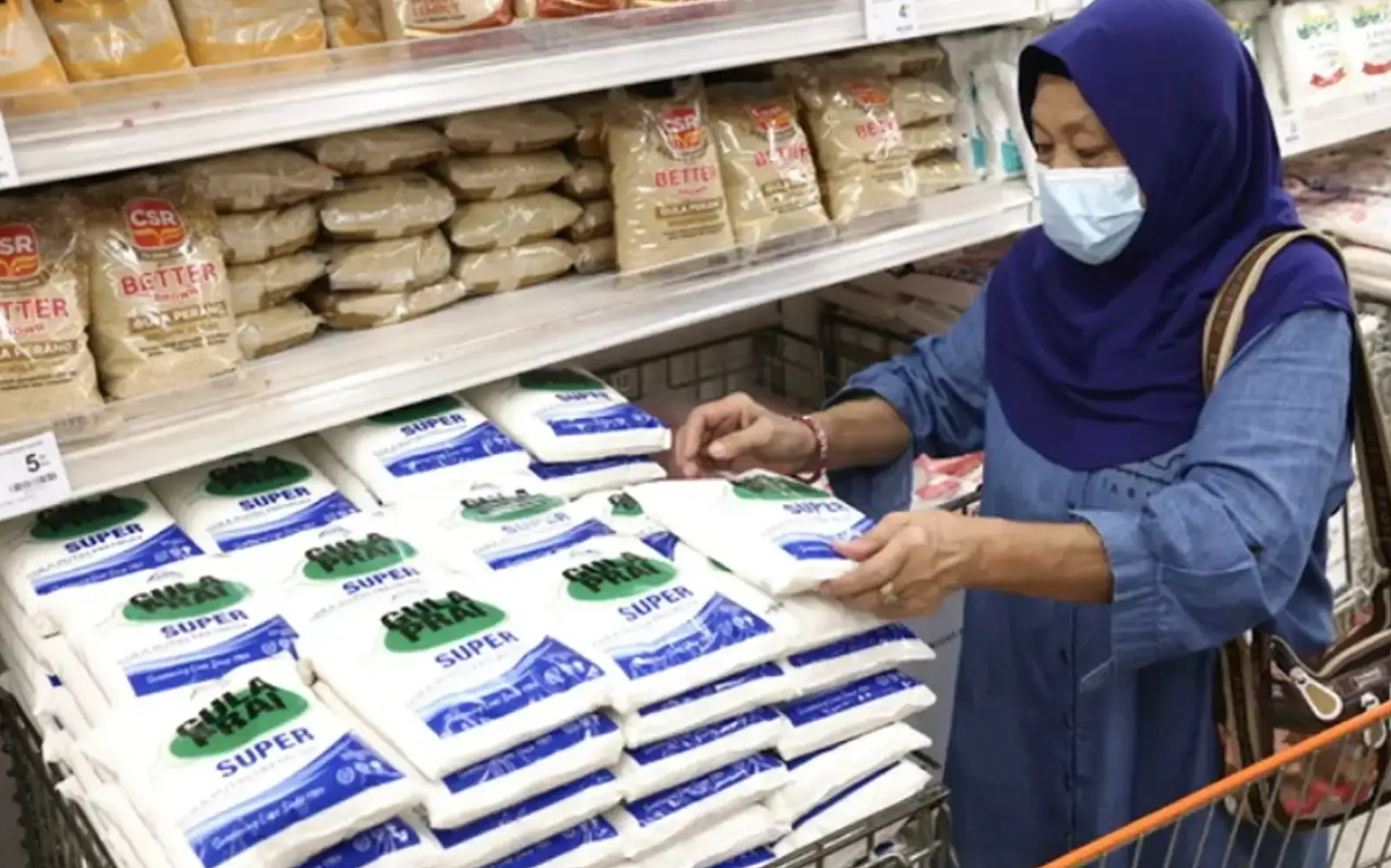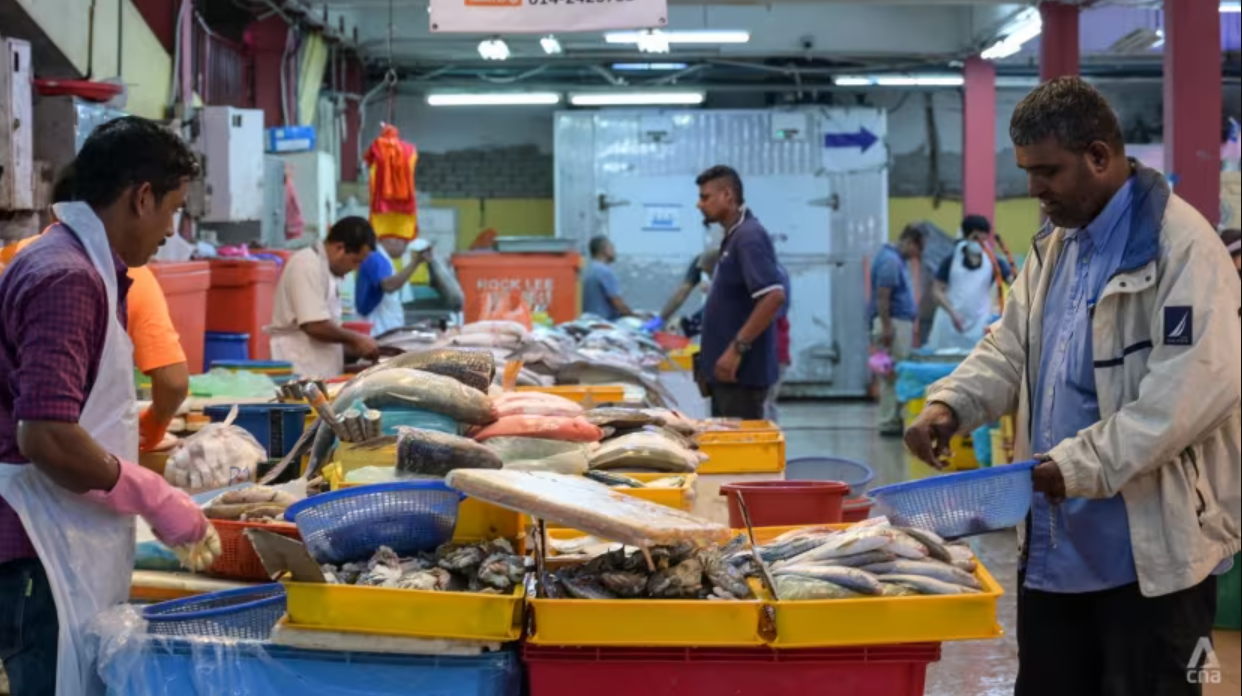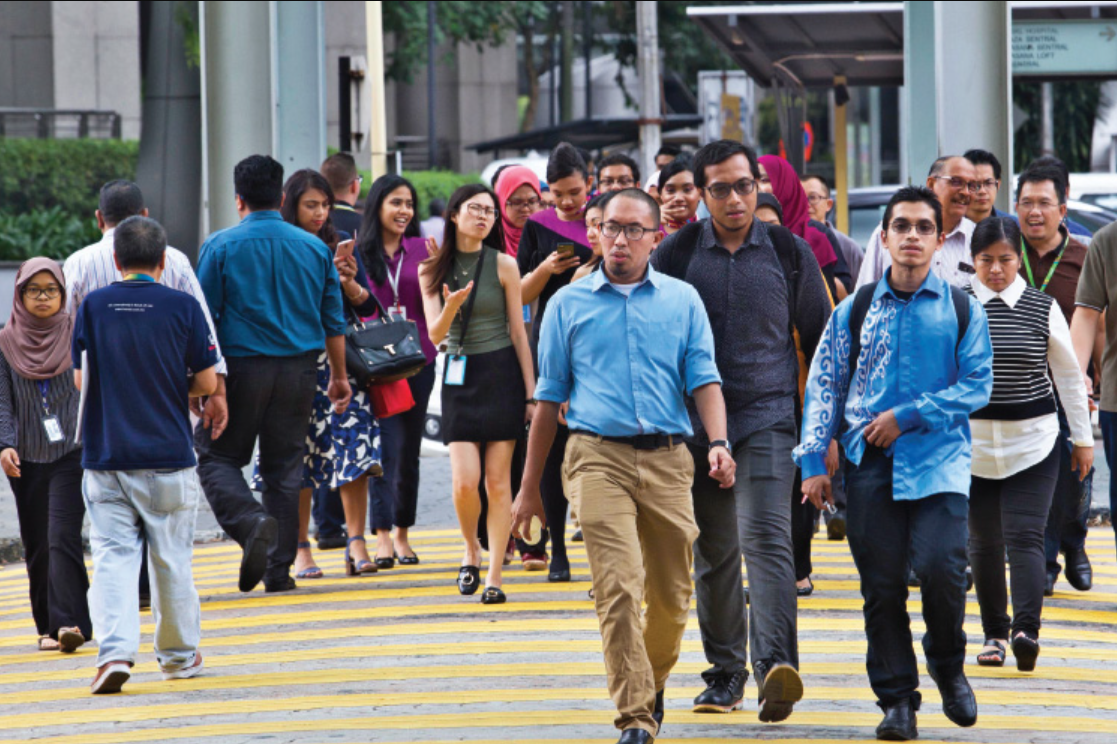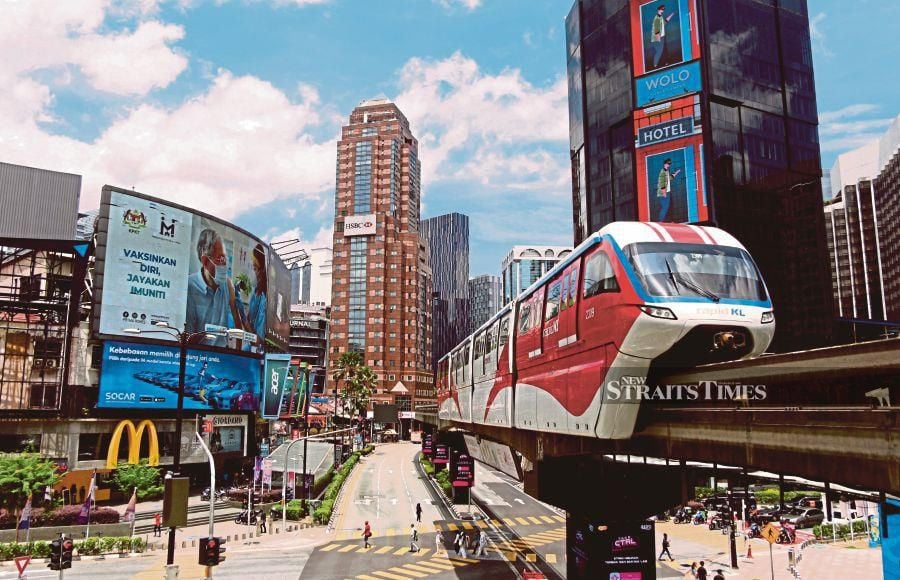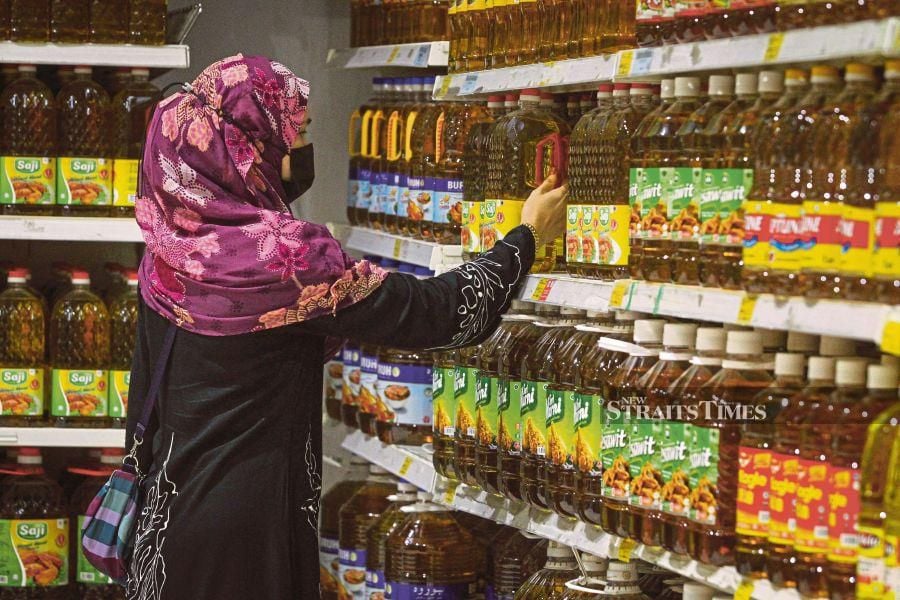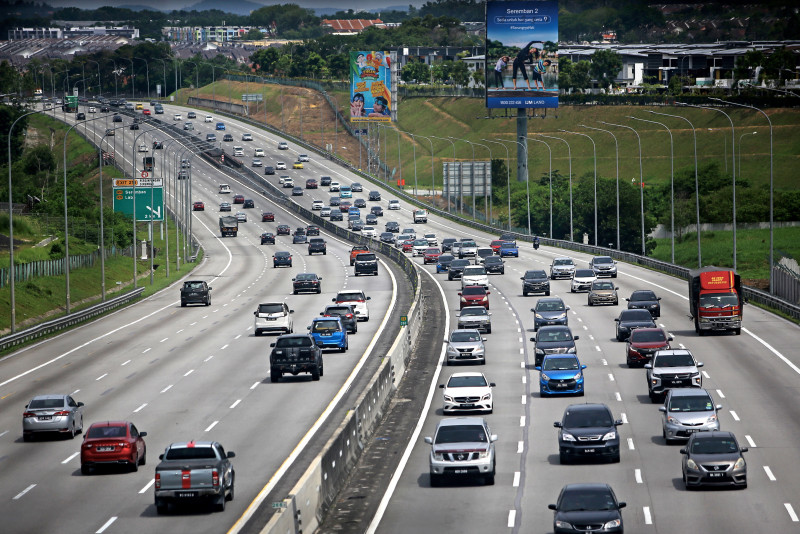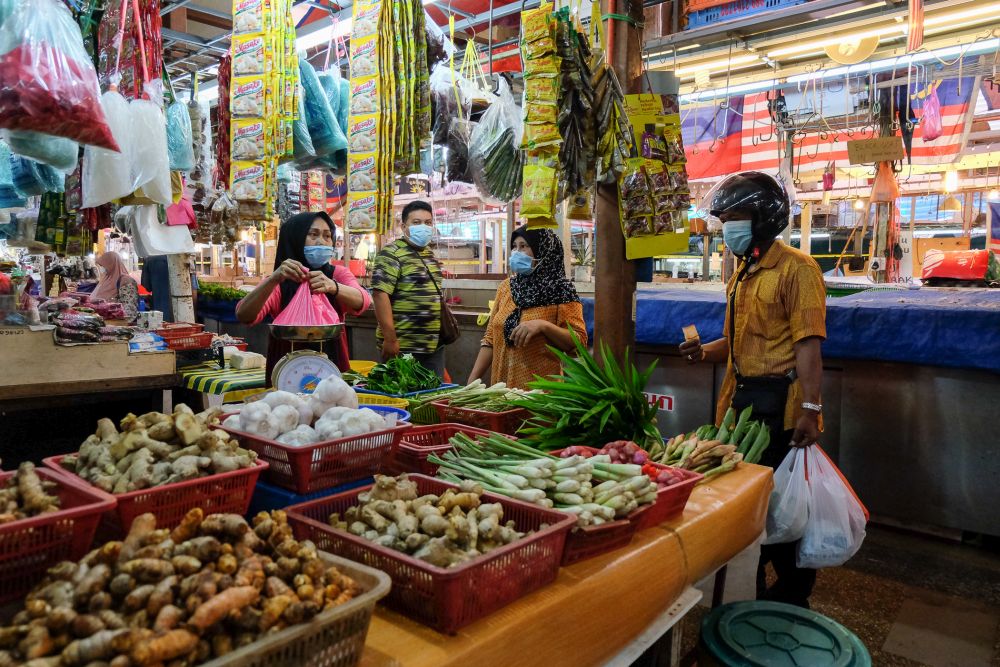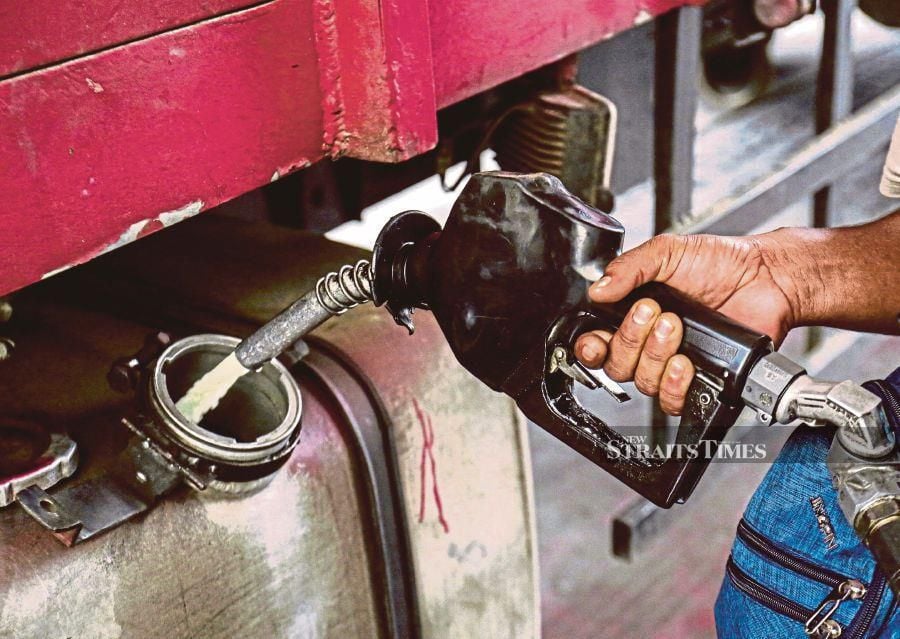8 Things You Need To Know About Targeted Subsidies From The Government Like BUDI MADANI
This year alone, the government has allocated RM58 billion for subsidies.
1. What is a subsidy?
A subsidy is a financial incentive given to the rakyat, as part of the government's efforts to help reduce the financial burden of the people. It covers part of the costs for essential goods, transport services, and more.
The purpose of providing subsidies is to stabilise the price of certain goods or services. For example, the government subsidises petrol, cooking oil, egg, sugar, and flour, so you aren't actually paying the full price.
2. What are targeted subsidies?
Targeted subsidies refer to a more specific method of channeling financial aid to people who need assistance the most.
This approach differs from the blanket subsidies given to people from all walks of life, regardless of need. By providing targeted subsidies, the government can ensure that assistance reaches the deserving target groups, such as low-income and vulnerable groups.
In addition, targeted subsidies also aim to use the country's financial resources in a more efficient way. By reducing the provision of subsidies to those who do not need it, public funds can be channelled to critical sectors and other programmes that can have a greater impact on the wellbeing of the people and development of the country.
3. Why are targeted subsidies needed?
Targeted subsidies are necessary because they help prevent wastage and leakage of public funds. When giving out blanket subsidies, there is often inequality, where the needy do not get the full benefits. This results in the country's financial resources being used inefficiently and not achieving the main goal of helping the truly needy.
Targeted subsidies can also curb smuggling activities to neighbouring countries, where the prices of essential goods such as fuel and cooking oil are higher.
The amount Malaysia spends on subsidies is among the highest in the world. In 2023, the government spent more than RM80 billion. And this year alone, the government has allocated RM58 billion for subsidies.
The main benefits of targeted subsidies include fairer and more effective distribution of aid. By ensuring that subsidies are only given to those who are truly in need, the government can help improve the living standards of low-income people and reduce the gap in economic inequality. This also allows the government to maximise the positive impact of aid given to the people.
By spending more efficiently on subsidies, the government can channel funds to improve public infrastructure such as hospitals, schools, roads, public transport, and social protection networks that will be enjoyed by the people.
The government can also improve and increase cash handouts to the rakyat via programmes like Sumbangan Tunai Rahmah (STR), Sumbangan Asas Rahmah (SARA), Bantuan Awal Persekolahan, and other forms of assistance.
For example, the targeted electricity subsidies have generated savings of RM4 billion. As for the targeted diesel subsidies, it is also expected to save the government around RM4 billion a year.
4. How are targeted subsidies implemented?
Targeted subsidies are implemented using data and information collected from various government agencies. This data includes income information, socioeconomic status, and other relevant demographic information.
The government uses technology and information management systems to identify individuals and families who are eligible to receive subsidies based on established criteria.
For specific aid programmes, applicants need to register and fill in additional details to ensure specific criteria can be met and aid can be distributed quickly and accurately.
5. Why do citizens have to bear the higher price for diesel when we already pay taxes?
It bears repeating that diesel subsidy isn't going to be completely abolished. Although diesel will soon be retailed at market price, the subsidy will be directly channelled to the majority of individual diesel-vehicle owners and many businesses.
The blanket subsidy for diesel has significantly brought down diesel price in Malaysia to be much lower than that of neighbouring countries. This market distortion has given rise to smugglers pocketing billions of ringgit every year, at the expense of the country.
By correcting the market distortion and putting an end to the leakages, the government can make better use of taxpayers' funds for the benefit and wellbeing of all citizens.This way, the government can also prioritise important and critical sectors such as health, education, infrastructure, defense, and so on — expenses for these areas can only be taken from tax collection. If more government revenue is spent to cover subsidies, this will reduce the allocation for national development and the welfare of the people.
6. Does this mean that subsidies for those in need will be withdrawn?
Targeted subsidies does not mean subsidies will be withdrawn. The government simply introduced a system to ensure that subsidies really reach the target groups of those in need, such as B40 and M40.
The government is merely implementing targeted subsidies, not eliminating subsidies as a whole.
The government is very concerned about the cost of living challenges faced by the rakyat and is committed to ensuring their wellbeing and survival.
7. How are targeted subsidies able to avoid increases in the price of basic goods and cost of living?
The logistics sector that is directly involved in the transportation of land goods still enjoys the price of diesel at the current price of RM2.15 per litre, with the use of a fleet card after the price of diesel at the pump has been floated.
For public land transport, this sector still enjoys diesel subsidies at a lower price of RM1.88 per litre. Eligible public land transport can also apply through the MySubsidi Diesel in the Public Land Transport category which has been implemented since 2013. Subsidised diesel for fishermen is maintained at RM1.65 per litre.
In addition, cash assistance of RM200 per month is also provided to private vehicles owned by individuals to help farmers reduce the increase in daily costs due to the increase in diesel prices. These measures will help reduce the impact of rising prices of basic goods.
At the same time, enforcement measures will also be strengthened to ensure that traders do not arbitrarily take advantage of raising the prices of goods and services.
8. What is BUDI MADANI and who qualifies for it?
BUDI MADANI is a government programme to aid eligible individuals owning diesel vehicles, as well as agriculture and commodity smallholders, following the targeted diesel subsidy exercise.
MySubsidiDiesel – Subsidised Diesel Control System (SKDS) is a dedicated platform for public and selected goods transportation to receive diesel subsidies through a "fleet card".
BUDI Agri-Komoditi is a cash subsidy provided to registered agriculture and commodity smallholders to offset diesel costs for their agricultural machinery. Whereas, BUDI Individu is a cash subsidy provided to individual diesel vehicle owners who meet specific eligibility criteria, helping to cover rising daily transportation costs.
Recipients under both BUDI Agri-Komoditi and BUDI Individu categories will receive RM200 per month from the MADANI government.
To be eligible for BUDI Individu, the following criteria apply:
1. Applicant must be Malaysian
2. Applicant owns diesel-powered personal vehicles based on JPJ's database that are not luxury vehicles under 10 years of age
3. The vehicles must have an active road tax
4. Applicant's annual individual or joint income must be RM100,000 and below
Applications will be cross-referenced with data from the Inland Revenue Board (IRB) to exclude applicants who own luxury vehicles less than 10 years old or are in the Top-20-Percentile Income (T20) category.
Meanwhile, the eligibility criteria for BUDI Agri-Komoditi are as follows:
1. Applicant must already be registered as a farmer or a smallholder with the relevant agency under the Ministry of Agriculture & Food Security (KPKM), or Ministry of Plantation & Commodities (KPK)
2. Applicant must be an active agriculture or commodity smallholder, defined as generating an annual turnover of between RM50,000 and RM300,000.
To apply and learn more about BUDI MADANI’s eligibility criteria, you can visit this website.
